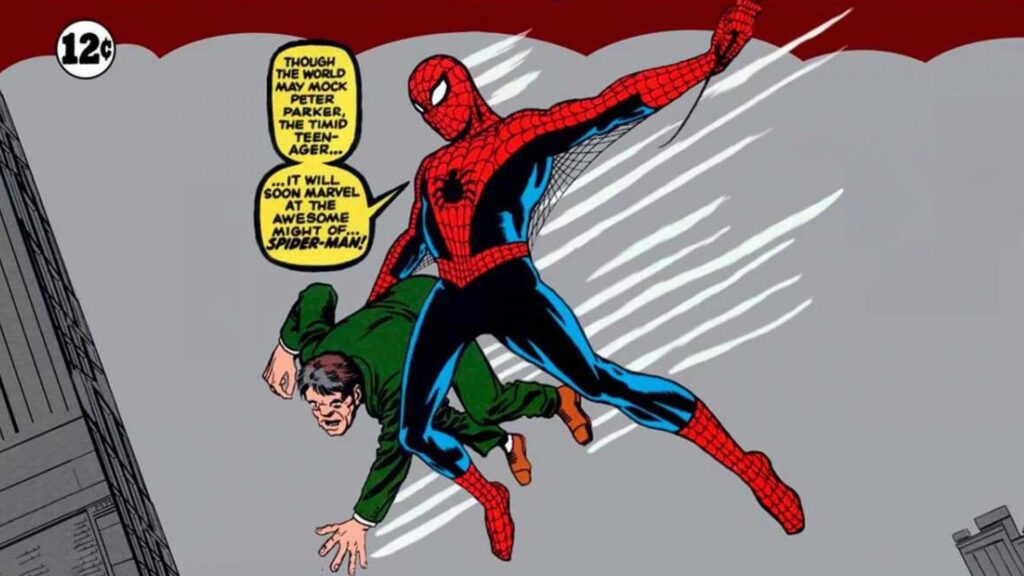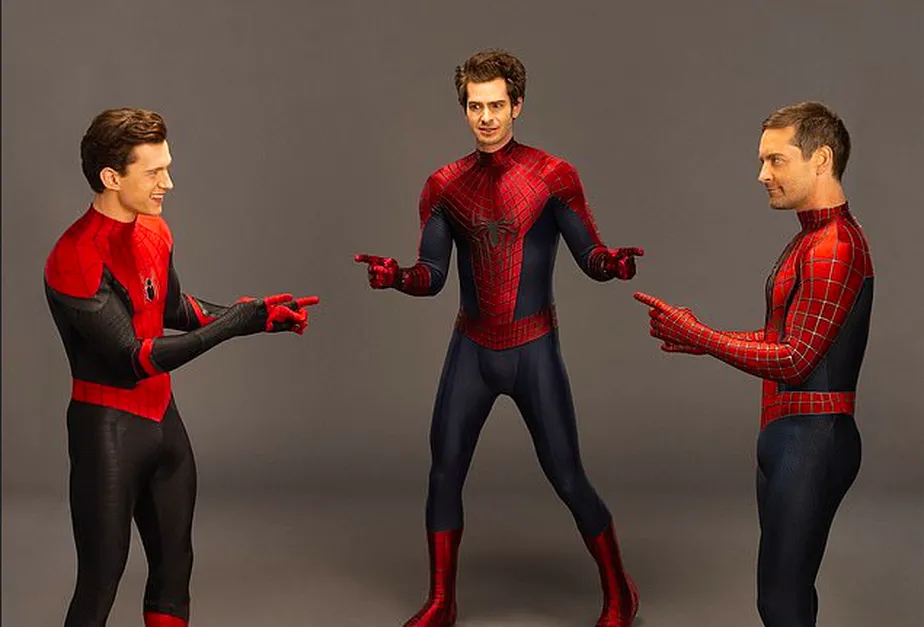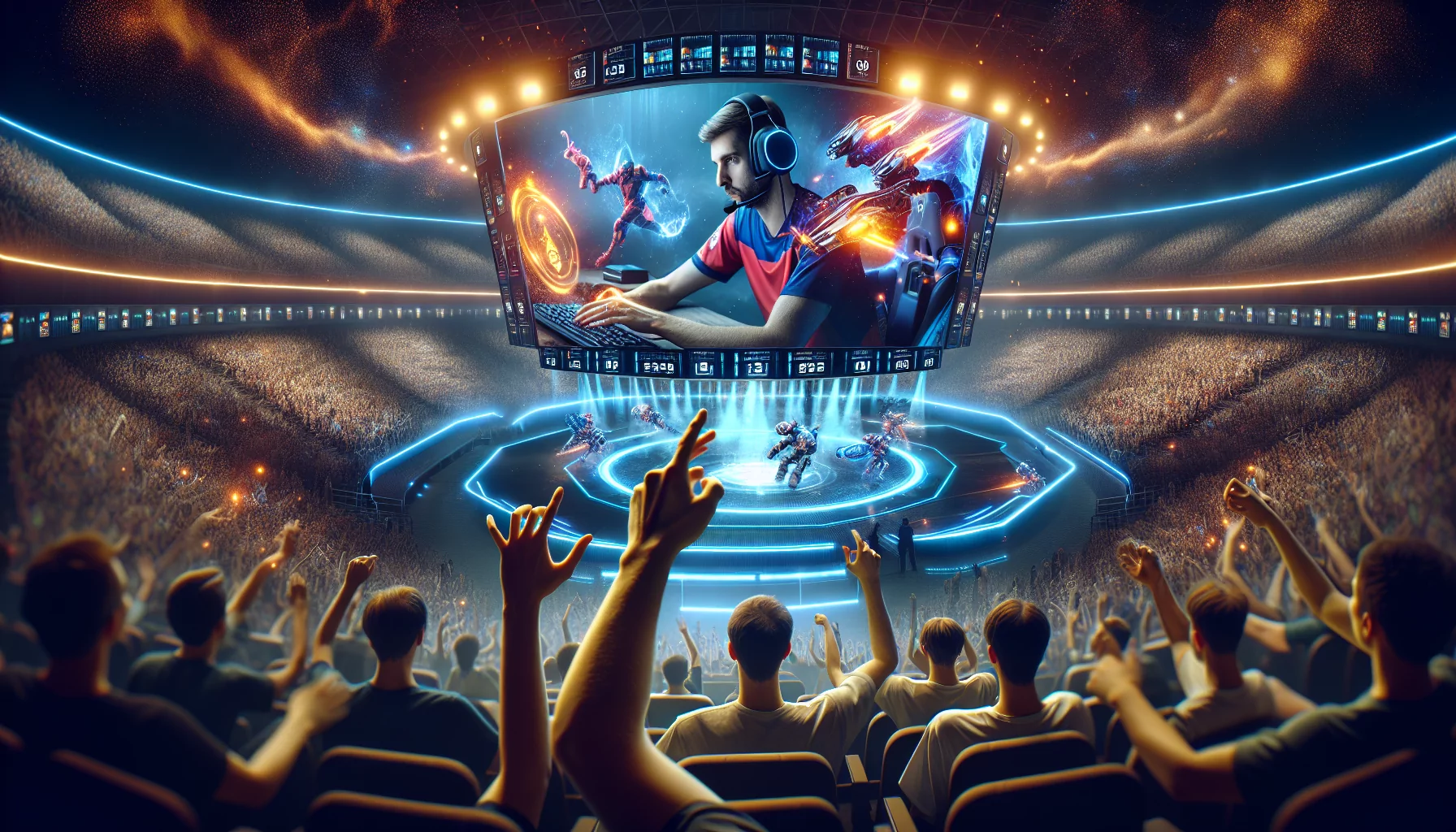Adverts
Since its debut in “Amazing Fantasy” #15 in 1962, created by the legendary duo Stan Lee and Steve Ditko, Spider-Man has established himself not only as a cornerstone of the Marvel universe, but also as one of the most beloved and globally recognizable superheroes.
Let's explore the trajectory of Peter Parker, the young man behind the mask, covering everything from his creation to his cinematic rise, highlighting the intrinsic charisma and universality that make him Marvel's most beloved hero.
Adverts
The Making of Spider-Man: A Relatable Hero

Stan Lee and Steve Ditko sought to create a hero who broke the traditional mold: a teenager facing not only supervillains, but also the challenges of everyday life. Peter Parker was a brilliant but socially awkward student who gained spider-like abilities after being bitten by a radioactive spider.
Unlike other heroes who were fully formed adults, Peter faced financial problems, romantic dilemmas and the responsibility of caring for his Aunt May, making his story deeply human and relatable.
Adverts
The Cinematic Rise of Spider-Man
Spider-Man's journey to the big screen began in 2002, with Tobey Maguire bringing the character to life under the direction of Sam Raimi.
This film not only set a new standard for superhero movies, but also captured the essence of Peter Parker. Two sequels followed, expanding the Spider-Man universe and solidifying his place in the hearts of fans.
The franchise received a reboot in 2012 with “The Amazing Spider-Man”, starring Andrew Garfield, offering a new vision of the hero, albeit with a mixed reception.
However, it was the integration of Spider-Man into the Marvel Cinematic Universe (MCU) in 2016, with Tom Holland in the role, that rejuvenated the franchise, bringing a younger Peter Parker and stories that emphasized his journey of maturation.
Why is Spider-Man so loved?

Spider-Man's universality lies in his deeply human character and relatable premise. Unlike many heroes endowed with godlike powers or extraterrestrial origins, Peter Parker is a homegrown hero whose struggles are as earthly as his adventures are extraordinary.
His maxim “With great power comes great responsibility” resonates as a reminder of the weight that heroism carries, a call to integrity and selflessness in the face of challenges.
Furthermore, Spider-Man is characterized by his indomitable charisma. Whether in the pages of comics, on the big screen or in animated series, his humor, intelligence and courage in the face of danger make him a character that is easy to root for. He is the hero who makes jokes while swinging between skyscrapers, but also the one who never gives up, no matter how unfavorable the odds.
The Future of Spider-Man in the MCU
With the resounding success of “Spider-Man: No Way Home” (2021), which explored the multiverse in a way never before seen in the MCU, Peter Parker’s future seems brighter and full of possibilities than ever.
The MCU's ability to intertwine past narratives with the present not only pays homage to the character's rich history, but also opens up new avenues for exploration.
Conclusion
Spider-Man remains a symbol of courage, humor and humanity. His story is a reminder that all of us, at some point, have felt like the outsider, the misfit, searching for our place in the world.
Peter Parker teaches that true strength comes from within, that being a hero is more about character than the ability to sling webs.
As we look to the future, one thing remains clear: Spider-Man will continue to be a beacon of inspiration, showing that no matter how difficult the struggle, there is always room for hope, responsibility and, above all, humanity.




